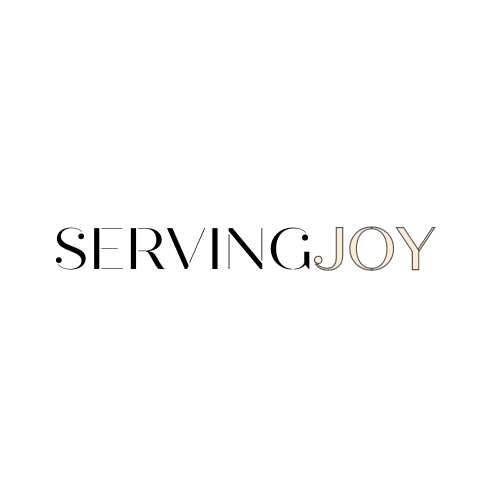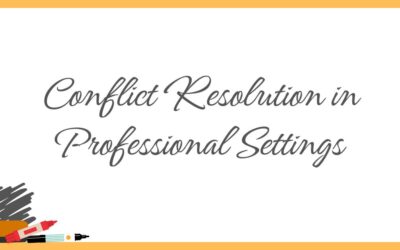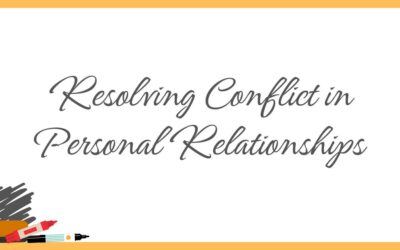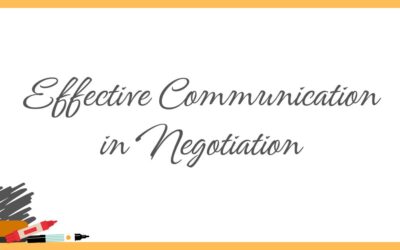Conflicts, especially those with high stakes, can be challenging to navigate. However, with the right strategies, conflicts can become opportunities for growth and understanding. In this lesson, we will delve into the world of effective conflict resolution and discover how the principles and techniques from “Crucial Conversations” can help us overcome obstacles, foster open dialogue, and reach successful resolutions.
To effectively resolve conflicts, it is essential to understand the underlying dynamics and employ specific techniques. Drawing from the wisdom shared in “Crucial Conversations,” we will explore two key aspects: creating a safe space for dialogue and mastering the art of dialogue itself.
- Creating a Safe Space: The first step in conflict resolution is to establish a safe space where all parties involved can express their thoughts and emotions without fear of judgment or retaliation. By practicing mutual respect and creating an environment of psychological safety, we can foster open communication and build trust. This foundation is crucial for constructive dialogue and finding common ground.
- Mastering the Art of Dialogue: Once a safe space is established, the next step is to master the art of dialogue. This involves developing effective communication skills, such as active listening, assertiveness, and empathy. The techniques presented in “Crucial Conversations” provide valuable insights on how to navigate difficult conversations, manage emotions, and engage in productive dialogue that leads to understanding and resolution.
Benefits:
By applying the conflict resolution strategies from “Crucial Conversations,” you can experience numerous benefits, including:
- Improved Communication: Enhance your ability to express thoughts and emotions effectively while actively listening to others.
- Conflict Transformation: Learn how to shift conflicts from destructive patterns to opportunities for growth and collaboration.
- Strengthened Relationships: Build trust and foster healthier relationships by addressing conflicts openly and constructively.
- Problem Solving: Develop effective problem-solving skills and reach mutually beneficial resolutions even in high-stakes situations.
Strategic Ways to Implement Effective Conflict Resolution Strategies:
- Start with Self-Reflection: Before engaging in a crucial conversation, reflect on your intentions, emotions, and biases. This self-awareness will help you approach the conflict with a clear mind and a willingness to understand the other person’s perspective.
- Create a Safe Environment: Foster a safe and non-threatening environment by setting ground rules, emphasizing respect, and actively listening to all parties involved.
- Use I-Statements: Frame your statements using “I” instead of “you” to express your thoughts and feelings without sounding accusatory. For example, say, “I feel frustrated when…” instead of “You always…” This approach promotes open dialogue and reduces defensiveness.
- Seek Mutual Purpose: Identify common goals or shared interests to establish a foundation for collaboration. Focus on finding solutions that address the needs of all parties involved.
- Explore Different Perspectives: Encourage open-mindedness by actively seeking and acknowledging different perspectives. This will help create an atmosphere of understanding and empathy.
- Utilize Tools and Apps: Take advantage of helpful tools and apps like conflict resolution frameworks, communication trackers, or mindfulness apps to assist you during the process. They can provide guidance, structure, and support to ensure effective conflict resolution.
Conclusion:
In conclusion, mastering effective conflict resolution strategies is a valuable skill set that can transform challenging conflicts into opportunities for growth and understanding. By drawing upon the insights from “Crucial Conversations,” you can create a safe space for dialogue, master the art of effective communication, and reap the benefits of improved relationships and successful conflict resolution. Remember, conflict resolution is a journey, and with practice, patience, and the right strategies, you can navigate even the most high-stakes conflicts with confidence and grace.
FAQs:
What if the other person becomes defensive during a crucial conversation?
If the other person becomes defensive, it’s crucial to remain calm and focus on creating a safe space for dialogue. Encourage them to express their thoughts and emotions, actively listen to their perspective, and validate their feelings. Respond with empathy and avoid escalating the situation further.
Can these conflict resolution strategies be applied in professional settings?
Absolutely! The conflict resolution strategies presented in “Crucial Conversations” are applicable in various contexts, including professional settings. They can help foster better teamwork, resolve conflicts with colleagues or clients, and improve overall communication within the workplace.
What if I don't have access to the book "Crucial Conversations"?
While the book provides valuable insights, there are alternative resources available online, such as articles, blogs, and videos that discuss effective conflict resolution strategies. Additionally, you can explore related books or seek professional development courses that cover similar topics.
How long does it take to become proficient in conflict resolution?
Becoming proficient in conflict resolution is a continuous process. The time it takes to develop these skills may vary depending on individual factors, such as previous experience, willingness to learn, and practice. Consistent application of the strategies and a commitment to personal growth will contribute to your proficiency over time.
Are there any online platforms or tools that can help in conflict resolution?
Yes, several online platforms and tools can aid in conflict resolution. Some examples include collaboration and communication apps like Slack, project management tools like Trello, or virtual mediation platforms. These tools can assist in facilitating discussions, organizing information, and tracking progress during conflict resolution processes.













